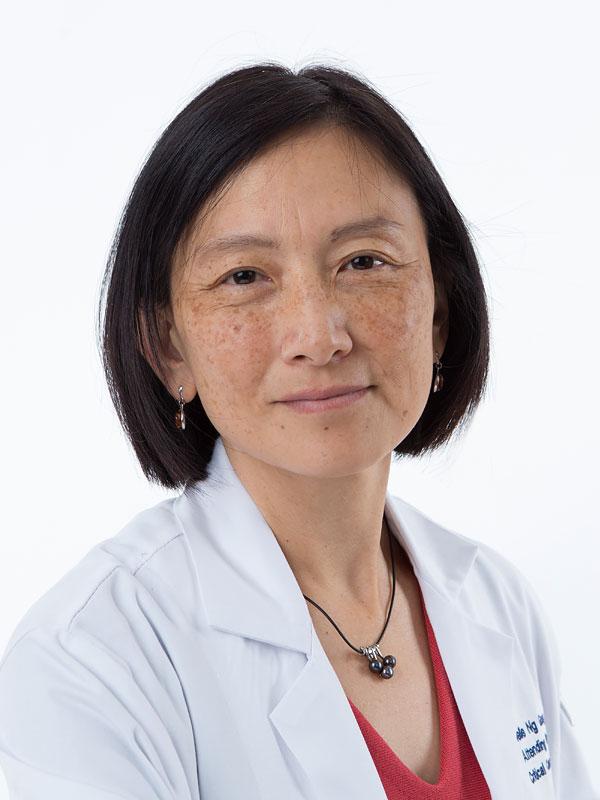
Credit: Albert Einstein College of Medicine
(BRONX, NY)–April 29, 2020–Researchers at Montefiore Health System and Albert Einstein College of Medicine have begun testing the drug hydroxychloroquine for the treatment of COVID-19, as part of a nationwide trial sponsored by the National Heart, Lung, and Blood Institute (NHLBI).
“We’re actively looking for medications to treat patients with COVID-19,” said Michael Aboodi, M.D., a critical care physician at Montefiore. “Hydroxychloroquine’s anti-viral and anti-inflammatory properties could help prevent patients from developing severe respiratory complications. But we need a proper clinical trial to determine whether the drug is safe and effective for this population.”
The new multicenter trial is called ORCHID, which stands for Outcomes Related to COVID-19 Treated with Hydroxychloroquine among Inpatients with Symptomatic Disease. The trial is enrolling more than 500 adults hospitalized with COVID-19 who have symptoms of respiratory infection, such as cough, fever, shortness of breath, or sore throat. Participants will be randomized to receive either hydroxychloroquine (Plaquenil), or placebo plus standard clinical care, for five days; all patients will be evaluated on day 15.
ORCHID is being conducted by the Prevention and Early Treatment of Acute Lung Injury (PETAL) Clinical Trials Network of the National Heart, Lung and Blood Institute, part of the National Institutes of Health. Patients will be recruited at 44 centers around the country. The Montefiore-Einstein center is led by Michelle Gong, M.D., M.S., professor of medicine and of epidemiology & population health, and chief of the divisions of pulmonary medicine and of critical care at Einstein and Montefiore. Dr. Aboodi is a co-investigator.
A short history of hydroxychloroquine
The story of hydroxychloroquine begins with a natural pharmaceutical called quinine. Legend has it that native Indians in the Andean jungles of South America discovered that bitter-tasting water around quina-quina trees had potent anti-fever properties. The source of this miracle cure was traced to the tree’s bark; its active ingredient, quinine, was isolated by French chemists in 1820 and became a standard treatment for intermittent fever.
In 1934, scientists at Bayer in Germany made a synthetic substitute for quine called chloroquine. It has been used for decades as a treatment for malaria, despite its many side effects. The similar drug hydroxychloroquine was developed during the Second World War as a safer alternative. In recent years, hydroxychloroquine has been approved for treating two chronic autoimmune disorders, lupus and rheumatoid arthritis.
“But this drug is not without risks,” said Dr. Aboodi. “Hydroxychloroquine can cause a number of serious side effects and is particularly dangerous for individuals with a heart rhythm disorder called long QT syndrome. Patients with this form of arrhythmia or who are taking any medications that can cause long QT will be excluded from the ORCHID trial.”
On April 12, a small Brazilian study of chloroquine was halted for safety reasons after many COVID-19 patients taking a larger-than-usual dose of the drug developed potentially fatal arrhythmias.
“Hydroxychloroquine is a potential therapeutic option for COVID-19,” says Dr. Aboodi, “but we don’t yet know if it’s both safe and effective. We hope that this clinical trial can help answer those questions.”
###
Media Contact
Elaine Iandoli
[email protected]
Original Source
https:/




